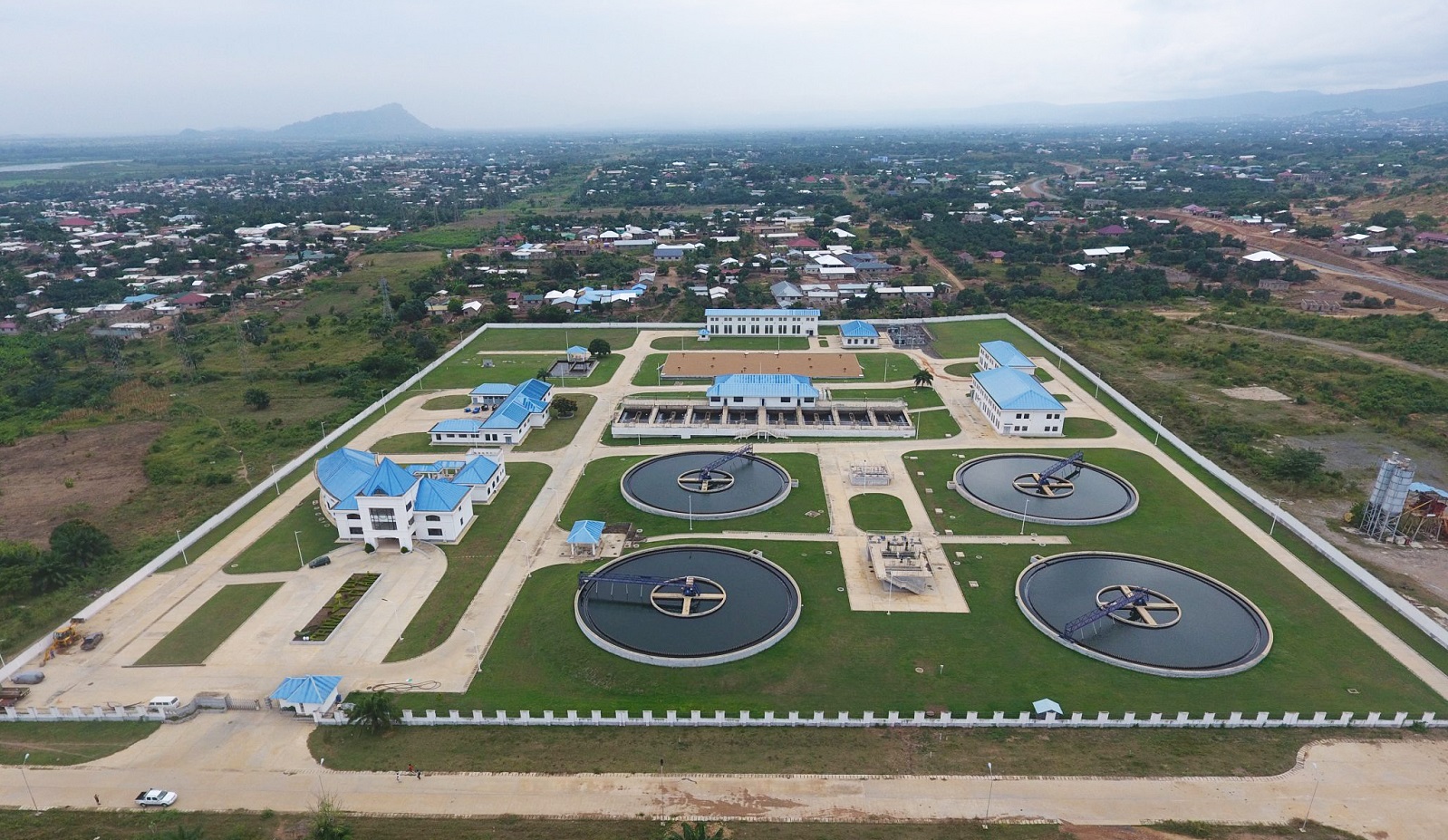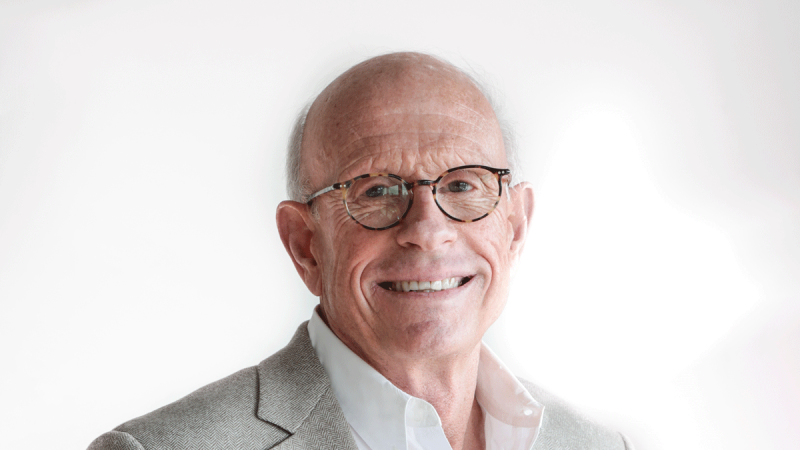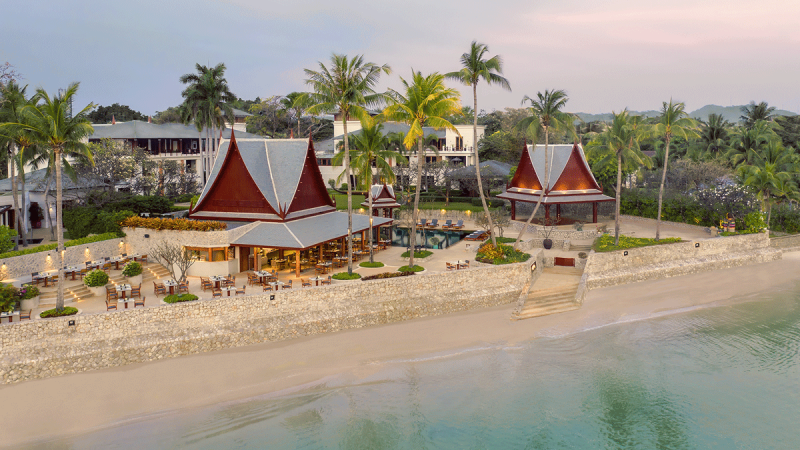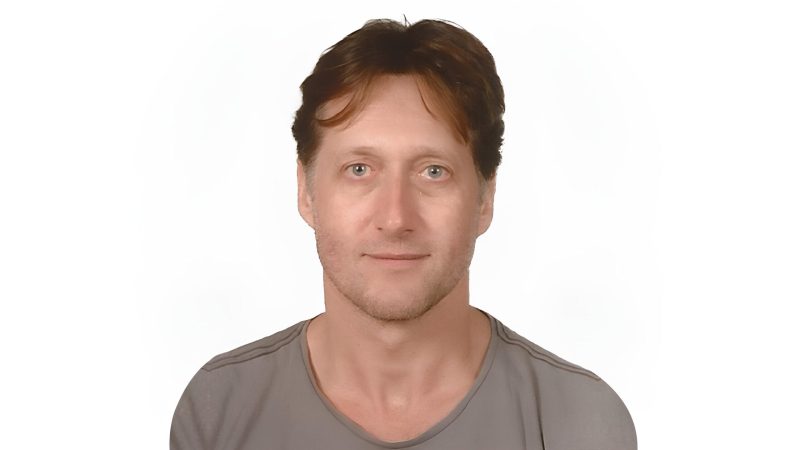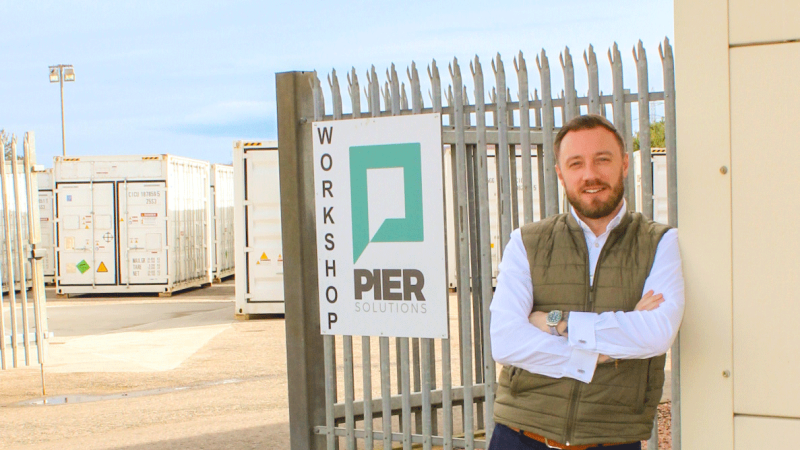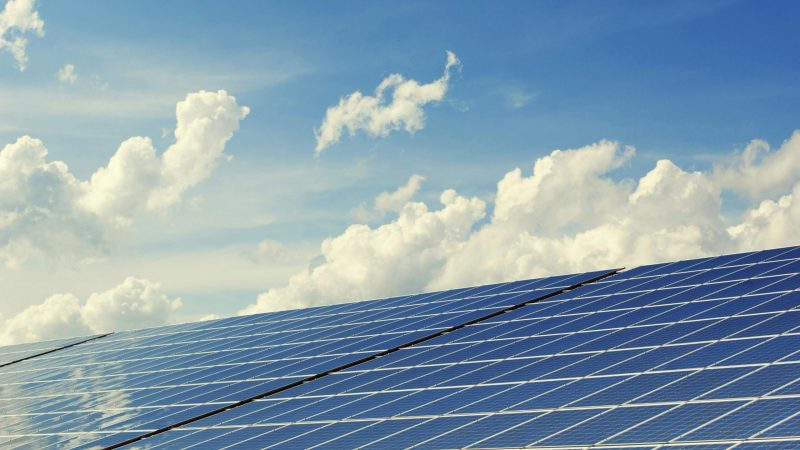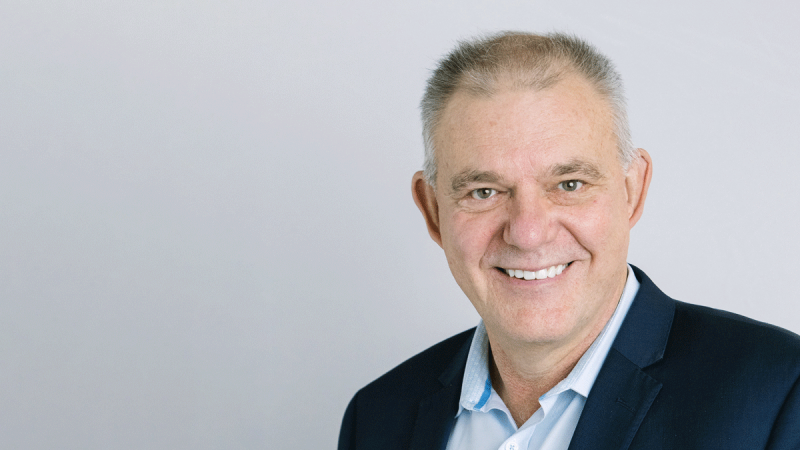Ghana Water Company Ltd (GWCL) is a company committed to meeting Ghana’s increasing demand for better service delivery by efficiently producing and distributing potable water and customer management across the country’s urban areas.
Its core business is the abstraction, treatment, and supply of water to urban communities in Ghana while planning how that water sector can be developed and invested in. GWCL is also responsible for the financial management of Ghana’s water sector, and contracting out the design, construction, rehabilitation and expansion of existing and new water supply infrastructure.
When we last spoke with GWCL, a little over a year ago, the company was facing challenges in achieving those goals.
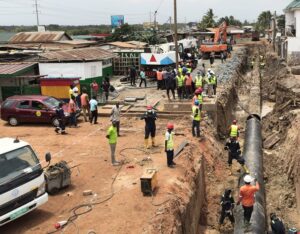
“We are dealing with challenges such as weak infrastructure due to lack of investment, running pipelines over 50 years old, low efficiencies, and increasing leakages,” explained Dr Clifford Braimah, Managing Director of GWCL. “We have challenges not because we don’t know what to do but because on-the-ground circumstances haven’t allowed us to do it.”
The company has transformed from a Corporation to a Limited company, as its role has evolved from simply supplying water to tracing where it goes as it is distributed. GWCL has been determining how much water volume goes into any one area, allowing it to identify and reduce losses. With those losses having an impact on GWCL’s tariff income, Braimah has been keen to address these issues.
“We tried in 2018 to go beyond our limits, to spend a lot more into improving infrastructure,” he recalled during our last interview. “That was a risk I took because we wanted to move the company forward. A lot of new pipe lays have been carried out. If you look at 2018-2019 the improvement is high. We brought in new vehicles, as many as we can bring in, and our people have benefited directly. With that motivation, we’re on track now to do a lot more.”
Currently, the GWCL operated 88 urban water supply systems across Ghana, with an average production of 871,496 cubic metres, or 192 million gallons per day. With the demand for potable water in the country at 249 million gallons per day, GWCL’s work is cut out for them, covering about 77% of urban water supply with its staff of 3,476 people, serving 748,570 customers.
On top of that, GWCL’s management has expanded into producing bottled water following its merger with Ghana Urban Water Ltd in 2013, and a Special Business Unit (SBU), now the Business Development Unit (BDU) has been established to help set up a water bottling plant, with commercial production and sales beginning in 2018.
A More Inclusive Water Industry
But GWCL is not exclusively focused on Ghana. The company has recently entered a solidarity-based partnership with the Guma Valley Water Company (GVWC), funded by the European Union, to provide more inclusive water services in Sierra Leone.
The partnership is part of an EU-funded initiative, which will be managed by UN-Habitat’s Global Water Operators’ Partnerships Alliance (GWOPA), to fund over 20 Water Operators’ Partnerships (WOPs) projects. The partnership between GWCL and GVWC is a peer-to-peer exchange that will be solidarity-based, and not-for-profit, aiming at strengthening the capacity and performance of utilities. The roots of the partnership go back to 2018 when GWCL and GVWC began collaborating to support the development of GVWC operational activities. The success of those early efforts, alongside Dutch operators VEI, led the partnership to submit a funding proposal for the EU-WOP Programme. it was a success that led to the capacity development arrangement continuing for three more years.
Rising through a two-stage selection process, this partnership was among 22 projects selected from 142 applicants to receive a $250,000
grant. That grant will help the partners make unserved communities visible, providing them with water in a sustainable way by strengthening the GVWC’s organisation.
The GWVC’s ambition to serve vulnerable populations will be supported by GWCL’s own Low Income Customer Support Department, which will take the lead over 36 months to help develop GVWC’s pro-poor activities, elevating the organisation as a whole.
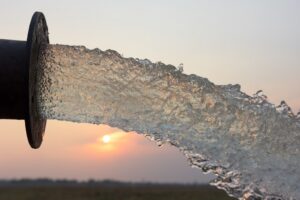
The partnership was formalised in March last year during a special signing ceremony at the World Water Forum in Dakar. Sierra Leone’s Minister for Water Resources and Ghana’s Chief Director at the Ministry of Sanitation and Water Resources were both present, alongside Managing Directors from GWCL and GVWC.
Braimah himself presented a laptop and a pack of Ghanaian chocolates to Maad Kpenge, Managing Director of GVWC.
Since then, Braimah has highlighted the importance of top management buy-in for the establishment of a dedicated department that will advocate for the unserved communities and households. Through his work with GWCL, he has seen first-hand how goodwill and funding from development partners, consumers and other sector stakeholders have elevated the GWCL Low-Income Customer Support unit into a full-blown department in its own right.
GWCL took advantage of this visit to gain a better understanding of the challenges facing local operators in supplying water to the vulnerable communities in Sierra Leone, as well as sharing their own knowledge and expertise.
Under the slogan “I WOP, WE WOP, EU WOP” all three partner organisations have expressed satisfaction with the first of many EU WOP Program visits and GWCL is committed to providing the utmost support to build capacity and help unserved communities, transform them so that they are served in a sustainable way.
